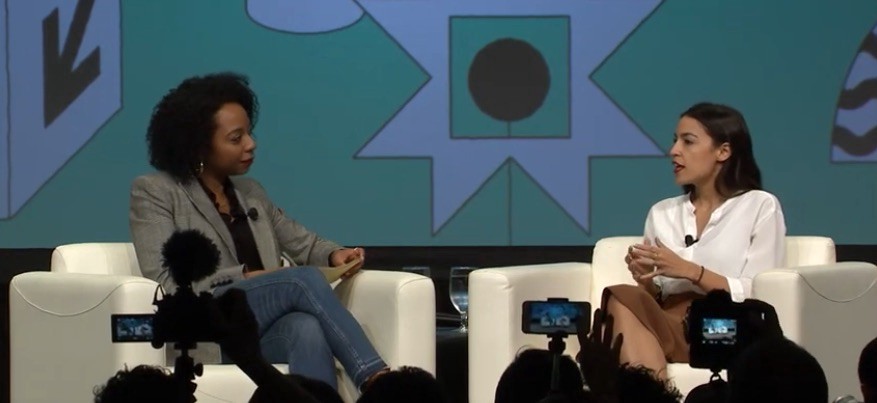Insights
Tech and Politics’ Relationship Takes the Stage at SXSW.

Every March, for ten days, “big tech” and “bigger media” companies descend on Austin, Texas, for the South by Southwest (SXSW) festival. This “democratized ideas festival” grew from a small music gathering to a must-attend, can’t-miss lovefest where important ideas mix in with the fun.
At a festival traditionally dominated by creative titans of film, media and tech, the “political invasion” — as one disgruntled tech CEO called it — was inescapable. Politics are not new at SXSW, but the presence of political players continues to rise, year after year. Here are a few takeaways:
Changing the focus: Innovators get the most attention, regardless of their field. This year, creatives in music, film, and tech, who have dominated SXSW for decades, were sometimes overshadowed by politicians.
- Political stars like Rep. Alexandria Ocasio-Cortez and Rep. Will Hurd, and an array of presidential candidates including Sen. Amy Klobuchar, Rep. Tulsi Gabbard, former Rep. Beto O’Rourke, Sen. Elizabeth Warren, former South Bend Mayor Pete Buttigieg, and former Colorado Gov. John Hickenlooper descended upon Austin.
- Facebook hosted a dedicated public policy party to “kick-off” SXSW, taking over an upscale bar in the heart of Austin.
A Microphone for All: POLITICO Playbook hosted a conversation and panel series at The Experience by Dell and CNN hosted a live presidential town hall on Sunday night, providing a microphone to every 2020 contender.
- “POLITICO Exchange takes our Playbook newsletter outside of DC to convene newsmakers at the intersection of state and federal government,” said Jake Sherman, co-author of POLITICO Playbook from the stage ahead of a conversation with Sen. Mazie Hirono.
- “We want to give every single candidate a platform. It seemed logical for CNN to come in and have a town hall at SXSW,” CNN Digital Executive Vice President Andrew Morse told Axios.
Dwelling on 2018: From the historical election of women into the House of Representatives to the electoral lessons of the 2018 midterms, it was clear that we aren’t done unpacking the events of November and what they mean for the future of American politics.
- Stacey Abrams, the Democratic gubernatorial candidate from Georgia, discussed her book and gave advice on underrepresented demographics (LGBT+, minorities, women) seeking office and change in their communities.
- A panel of representatives, political commentators, and organizers all unpacked the “pink wave” and what it means for the future of government.
Too Big to Fight: Part of the political blitz at SXSW related to calls for regulation (and even antitrust investigations) of Big Tech companies, all of whom have long participated in the festival.
- Attendees of a Vox Media party shouted “break them up!”
- The EU flew the European Commissioner for Competition, Margrethe Vestager, in for two live conversations with Recode’s Kara Swisher and CNN’s Meredith Artley.
Politics, whether we like it or not, is now a core part of SXSW’s DNA; it is a natural extension of the festival. Like tech, media and film before it, politics isn’t going anywhere. The best thing future attendees, thought-leaders, and businesses can do is recognize and embrace it.